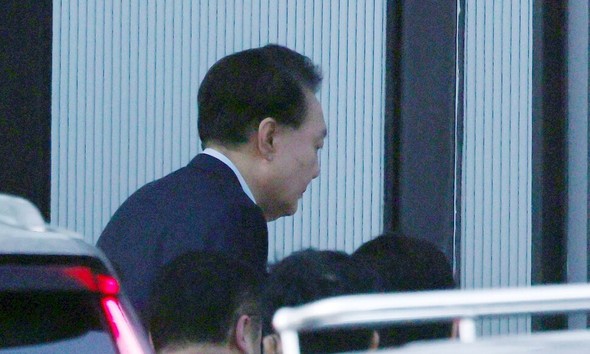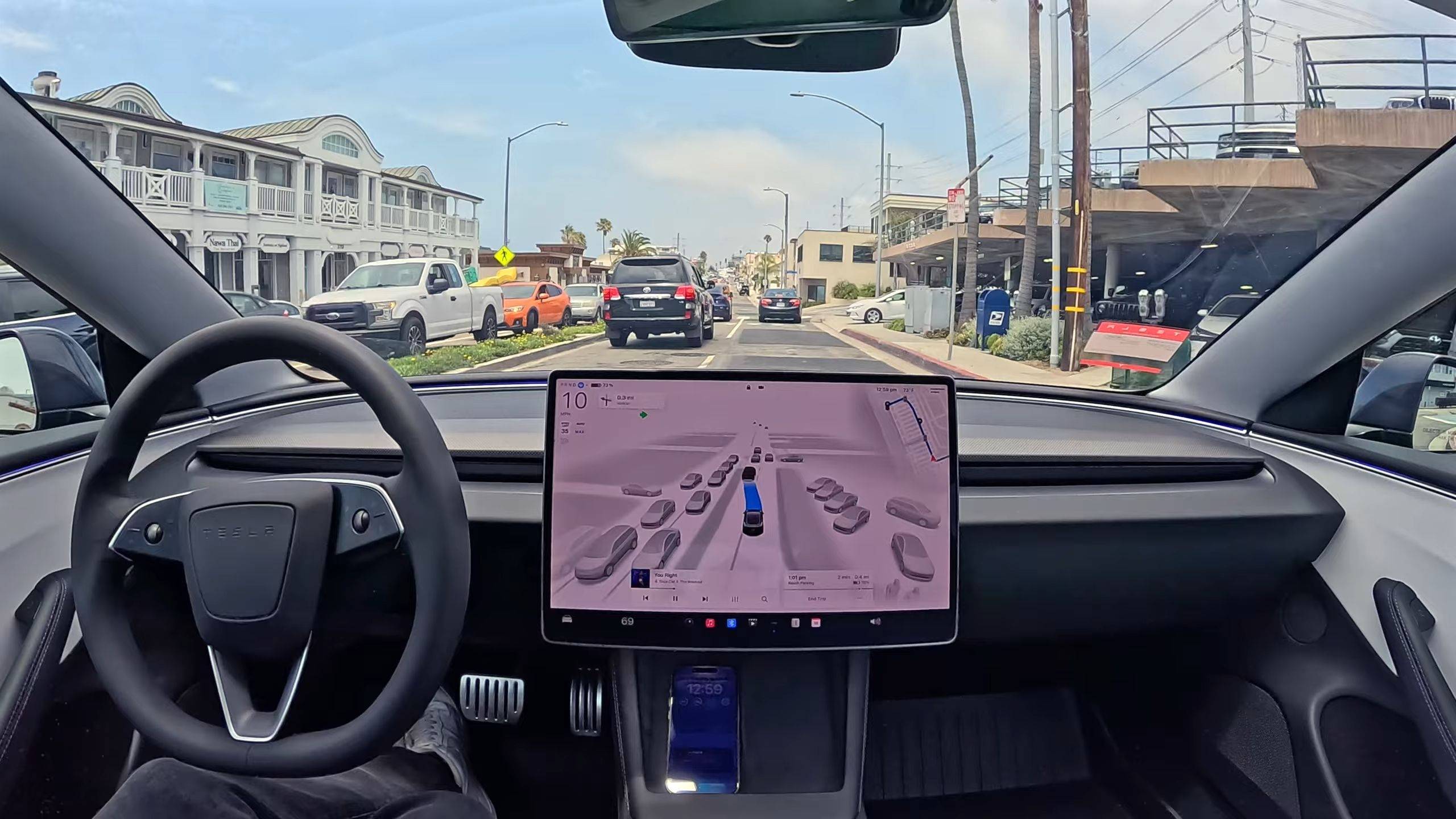
In the early hours of January 19 local time, South Korea's Seoul Western District Court shocked the country and the international community by approving a detention order for arrested President Yoon Seok-yeol on suspicion of civil unrest. The decision came just 47 days after Yoon declared martial law, making him the first president in South Korea's constitutional history to be arrested while in office. It was an awkward and profound addition to South Korea's political history.
The ruling National Power Party reacted quickly to the sudden ruling, expressing its deep regret over the court's decision. Yet, with regret, one wonders how a sitting president could have ended up so badly. What kind of political game and judicial contest is hidden behind this?
According to Yonhap News agency, Judge Cha Eun-kyung of the Seoul Western District Court issued the arrest warrant in the early hours of the morning after scrutinizing Yoon's case and concluding that there was a possibility of destroying evidence. South Korea's "Joint investigation headquarters" also quickly said that it will conduct an in-depth investigation of Yoon's case in strict accordance with the law and relevant procedures. It's hard to hide the irony of a series of actions that seem legal and legitimate.
Looking back on the whole incident, President Yoon Seok-yoon's emergency martial law decision undoubtedly became the trigger. Without sufficient reasons and clear evidence, he hastily declared a state of emergency, which not only disturbed the constitutional order, but also triggered widespread discontent and protests among the people. And his so-called "maintenance of order" excuse will pale in court and cannot hide the nature of his abuse of power.
It is even more ironic that the ruling People's Power Party tried to exonerate Yoon while he was under arrest and being interrogated. Shin Dong-wook, the chief spokesman, said that as a sitting president, Mr. Yoon did not need to worry about absconding or destroying evidence, and that his arrest could have serious consequences. Such remarks not only ignored the dignity of the law and the independence of the judiciary, but also exposed the weakness and confusion of the ruling party in the face of the crisis.
However, everyone is equal before the law, regardless of their status. As president, Yin Xiyue should set an example, respect the law and accept supervision. His arrest was not an accident, but the inevitable result of a series of illegal acts.
It is worth noting that after the arrest order was issued, Yin Xiyue's supporters did not choose peaceful protest, but took violent means to break into the court building and smash it. Such so-called "just" riots not only undermine public order, but also undermine the spirit of the rule of law. The protesters chanted the slogan "President Yoon Seok-yuol" and tried to intimidate the judiciary with numbers and violence, which is undoubtedly absurd and ridiculous.
In the face of such a chaotic situation, the police quickly moved out and poured a large number of police officers into the crackdown. Despite the eventual success in bringing the situation under control, dozens of protesters were arrested and a number of police officers were injured in the line of duty. This incident not only exposes the irrational and violent tendencies of Yin Xiyue's supporters, but also reminds us once again that any form of violence and destruction cannot be tolerated in a society ruled by law.
In response to the incident, the emergency committee of the National Power Party said in a statement that it understands the regret and grief of supporters, but also pointed out that violent protests are not the solution. This contradictory attitude of wanting to protect the president's image while appeasing public anger undoubtedly makes the ruling party's stance appear ambiguous and lack firm principles and positions.
In retrospect, President Yoon's emergency martial law decision, arrest, and subsequent riots by supporters have become an embarrassing chapter in South Korea's constitutional history. This series of events not only exposed the problems and contradictions existing in the South Korean political system, but also triggered the public's deep reflection on the spirit of rule of law and the credibility of the government.
As president, Yoon was supposed to be the leader of the country and the guardian of the rule of law, but his actions ran counter to that role. His arrest is not a personal tragedy, but a microcosm of the deterioration of the country's political ecology. In the future, South Korea needs to be more resolute in upholding the rule of law, strengthen the independence of the judiciary, and ensure that every citizen can live freely and equally under the protection of the law.

According to the foreign media The Verge, recently, Tesla CEO Elon Musk's goals in the field of fully autonomous driving (FSD) have once again fluctuated.
According to the foreign media The Verge, recently, Tesla C…
In early 2026, Greenland along the North Atlantic coast bec…
Recently, the century-old American high-end department stor…
Recently, the U.S. stock market has appeared turbulent amid…
Recently, the largest private equity firm in South Korea, M…
In early 2026, after the Trump administration detained Vene…